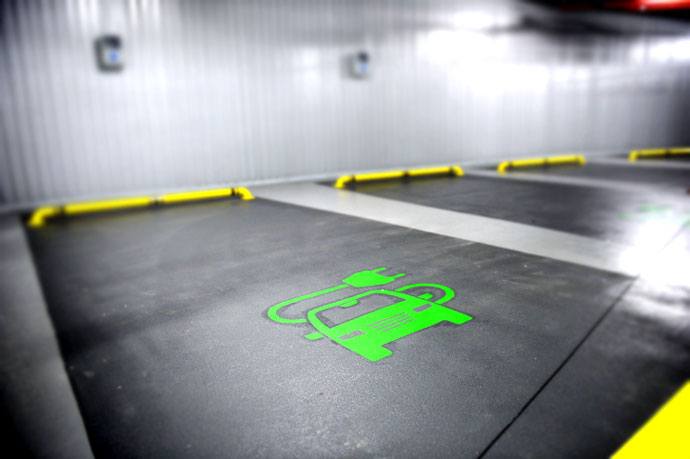
Britain’s supply of electric and plug-in hybrid vehicles could dry up after Brexit as car makers stand to lose a strong incentive to sell low-emission vehicles there. Britain was the third largest market for zero emission vehicles in the EU last year, and the largest for plug-in hybrids. However, given British sales of these cars will no longer count towards car makers’ EU CO2 targets after Brexit, they may choose not to sell them in Britain at all, according to the analysis by sustainable transport group Transport & Environment (T&E).
Brexit could see other European countries being prioritised for electric vehicle deliveries as selling these cars in EU member states will count towards achieving their targets and avoiding fines. As a result, Britain will also struggle to meet its 4th carbon budget, which is already at serious risk of being missed due to rising transport emissions.

It will also endanger Britain’s industrial strategy to become a leading producer of zero-emission vehicle technology as car makers are less likely to setup EV production in countries where they have a small market and less incentive to sell them.
Cécile Toubeau, better trade and regulation director at T&E, said: “The UK’s departure from the EU and the single market will mean that Britain will no longer count towards the overall targets for vehicle CO2 emissions. Carmakers may simply opt to dump their less efficient models in the UK market.”
Within the EU, Brexit should not have a significant impact on compliance with the 2020-2021 car CO2 emissions targets. T&E’s analysis, based on the European fleet average emissions excluding Britain, shows that there will be little to no impact compared to the overall EU-28 fleet average emissions. Jaguar-Land Rover would actually meet its CO2 target earlier as the vehicles it sells in Britain, which would no longer count, are higher emitting on average than its EU sales. Ford, Honda and Hyundai, which are already on track for late compliance, would see their CO2 compliance delayed by one year.
Cécile Toubeau concluded: “Let’s be clear, EU rules don’t change because the UK chooses to leave. Even with the UK departure, automakers will and must comply with the EU’s CO2 standards for new vehicles. The overall impact to individual companies will be limited.”
Meanwhile, a hard Brexit risks cars manufactured in Britain becoming 10% more expensive when sold abroad if they have to be traded under World Trade Organisation (WTO) tariffs. Vehicle components would be 4.5% more expensive. In turn, cars imported into the UK will also become more expensive due to WTO tariffs. This loss of competitiveness, along with the administrative burden and delays linked to increased customs checks, could be a strong incentive for relocating to the EU. That could cost up to 6,700 British car industry jobs – about ten per cent of the sector’s current workforce.
An insurance company like no other
Not only are we Britain’s most ethical insurance company, we campaign for sustainable transport. Sometimes that means protesting until a school gets the zebra crossing they’ve been refused or running 60 roadshows this year to encourage people out of their cars, or fixing bicycles for free. We also launched Green Transport Week and helped establish Car Free Day and Twenty’s Plenty to name just a few. We’ve been campaigning for sustainable transport in this way for over 27 years with the help of people like you. Supporting this work is easy – you simply have to take out insurance with us. Home insurance, cycle insurance, travel insurance and breakdown cover and we take care of the rest. We provide an excellent level of cover while putting concern for the environment at the heart of all we do.


0 Comments View now